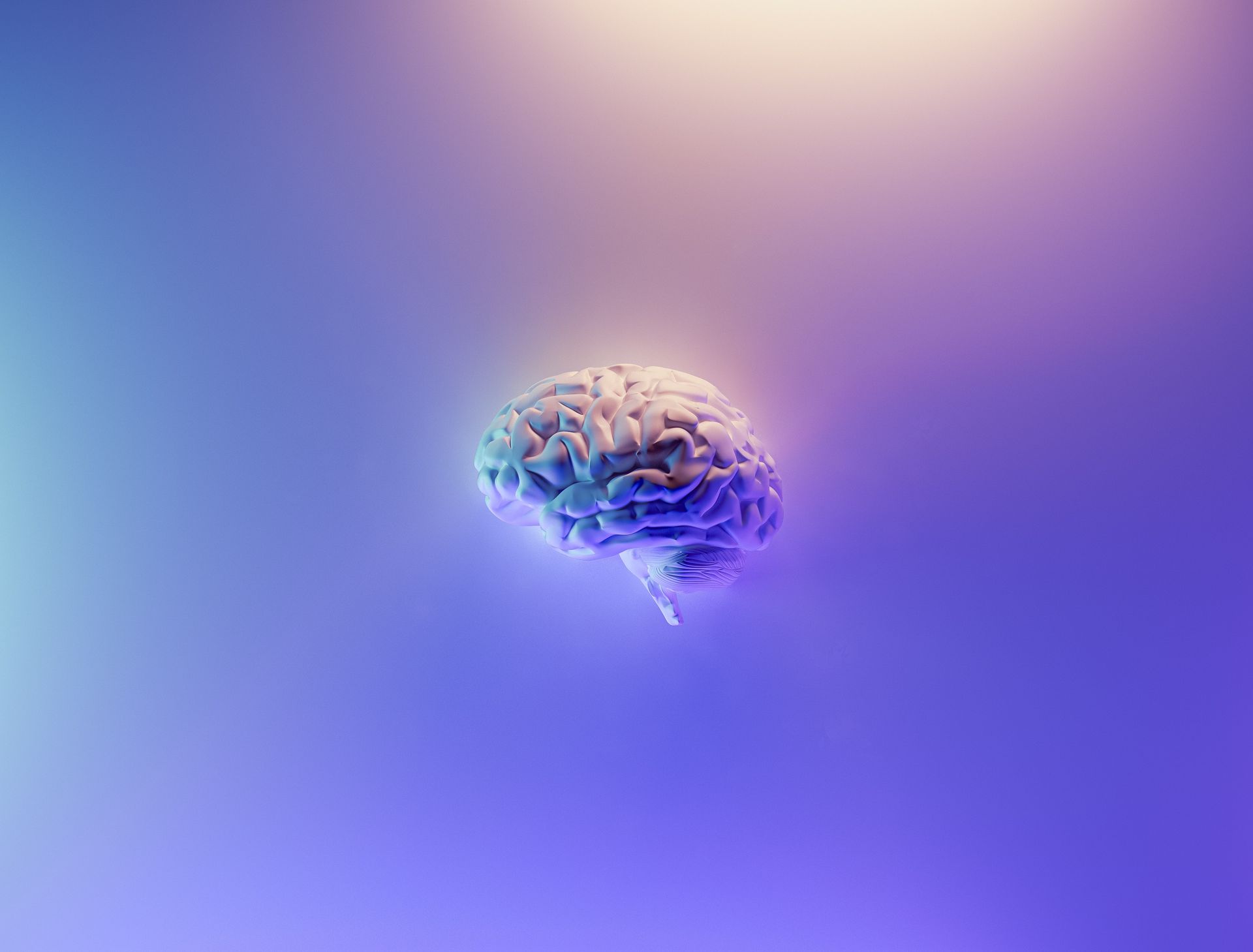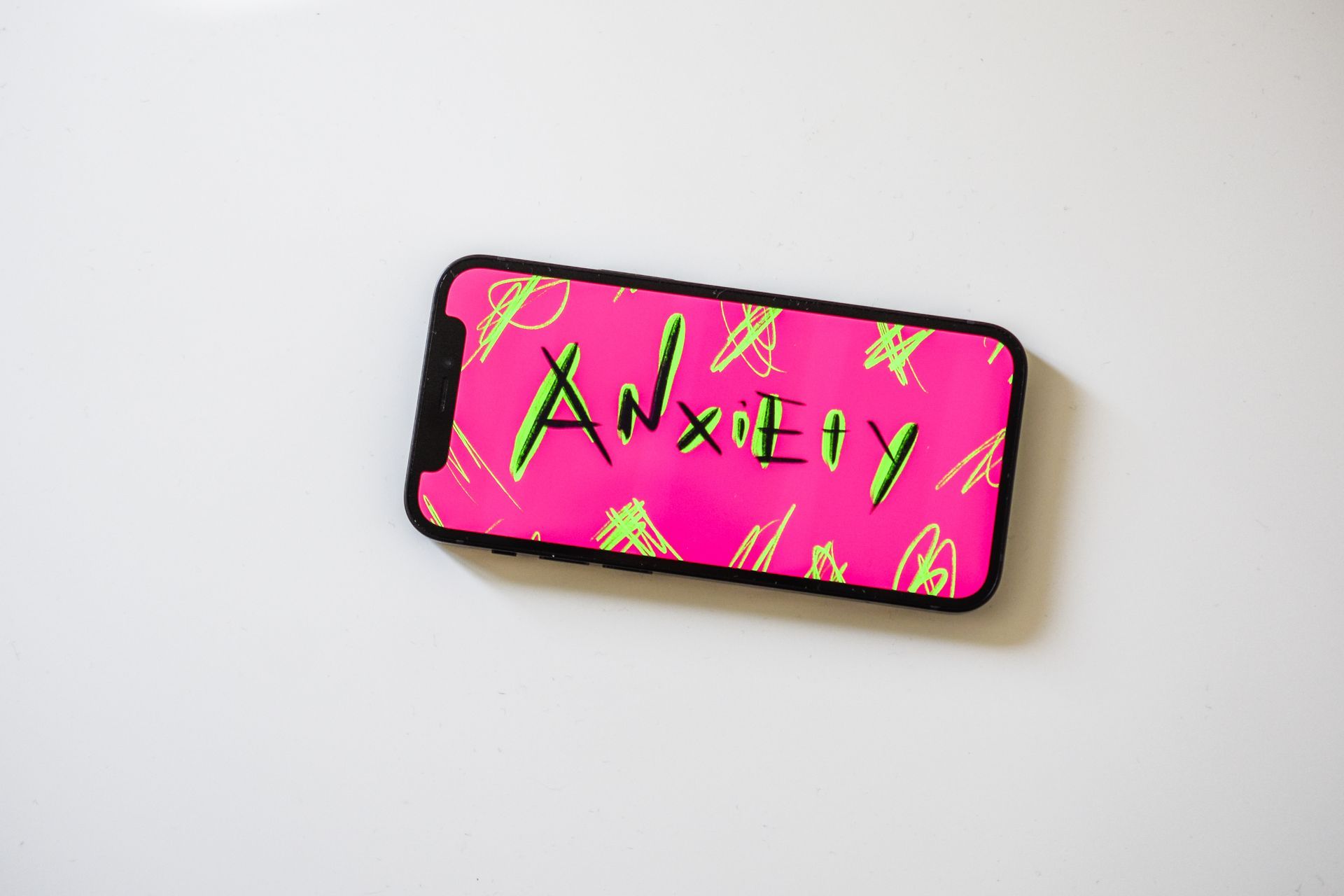Is anxiety a disorder?
Anxiety is a word that’s part of most people’s vocabulary. It’s become even more salient since the beginning of the COVID-19 pandemic! Anxiety can look like different things:
- Worrying about all the what if’s of your relationship
- Difficulty relaxing
- Worrying about the future
- Feeling more irritable than usual, and much more!
What is anxiety?
Anxiety is an emotion and, as such, is an experience inherent to being a human being. All of us will experience anxiety at some point, though the frequency, severity, and duration, as well as its manifestation, might vary greatly.
Anxiety happens in the body. It is associated with a range of physical symptoms:
- Difficulty relaxing, feeling tense
- Increased heartbeat, nausea
- Shortness of breath
- Feeling lightheaded
- Sweating
- Shaking
Anxiety also happens in our mind:
- Worrying about many things, big and small (e.g., health, relationships, the future, bad things happening)
- Worrying about the worst-case scenario
Anxiety is sometimes noticed first by those around you who start to comment on how irritable you’ve been recently, how your performance at work has been declining, or how cranky you have become in the morning when anxiety starts messing with your sleep.
When does anxiety become an anxiety disorder?
While occasional anxiety is an expected part of life, too much anxiety can be a problem. In general, anxiety disorders are diagnosed when anxiety starts getting in the way of day-to-day functioning or causing significant distress, whether at work or at home. For instance, an anxiety disorder may prevent you from seeking medical care, initiating or maintaining relationships, moving up with your career, etc.
How is anxiety diagnosed?
Anxiety disorders, including generalized anxiety disorder, social anxiety disorder (“Social phobia”), specific phobias, and panic disorders are best diagnosed by mental health providers or physicians using a set of criteria. If you feel overwhelmed and anxiety is making your life challenging, reach out for help.
Up to 18% of adults in the United Stated experience an anxiety disorder in a given year. If you’re struggling with anxiety, know that you are not alone. And if you need help with anxiety, there’s hope!
Cognitive Behavioral Therapy (often refers to simply as “CBT”) is the gold standard treatment for anxiety disorders. It can help you find relief from anxiety and get back into doing the things that are important to you. If anxiety is getting in the way of your life, reach out to a mental health provider or medical provider and ask for support.
I am Dr. Aurelie Lucette, a clinical psychologist who provides individual therapy in Miami and online throughout the state of Florida. I can help with issues related to anxiety, stress, sleep, and depression. I also specialize in therapy for adults living with cancer , chronic illness, chronic pain,caregiving stress.




